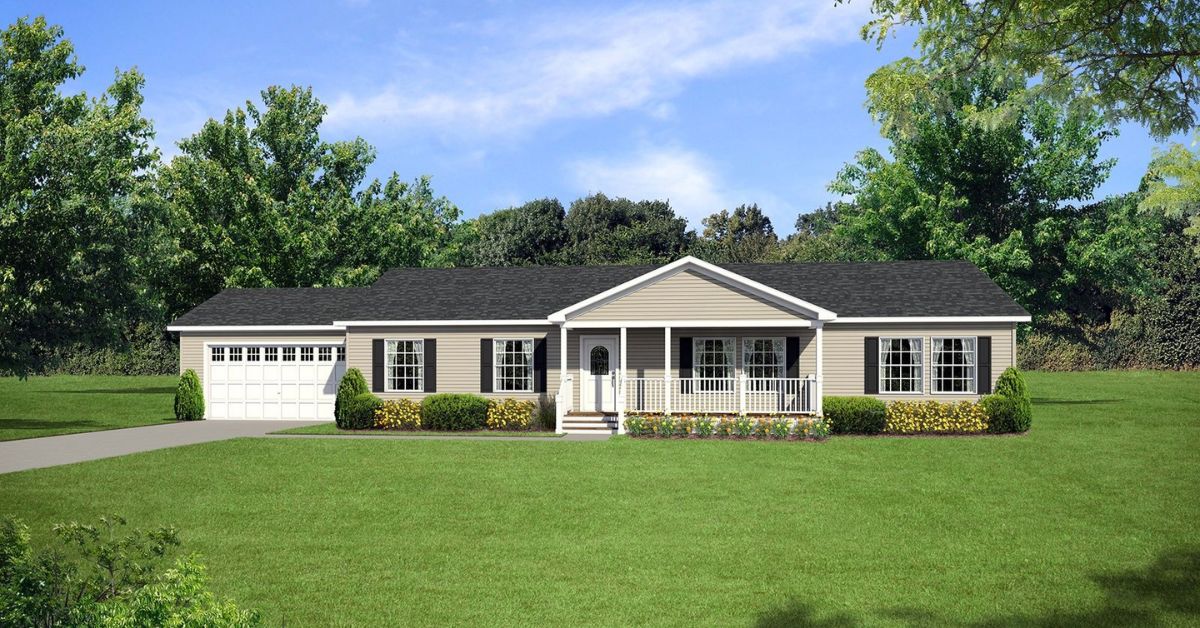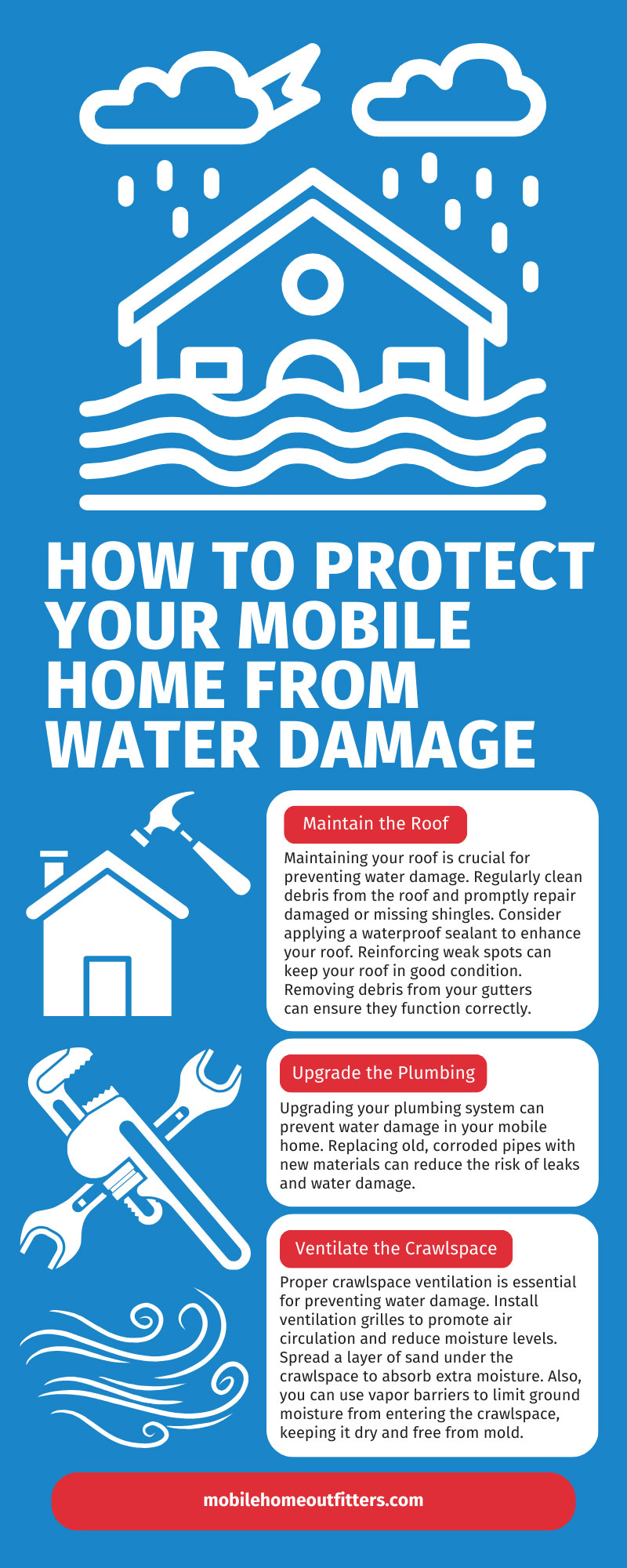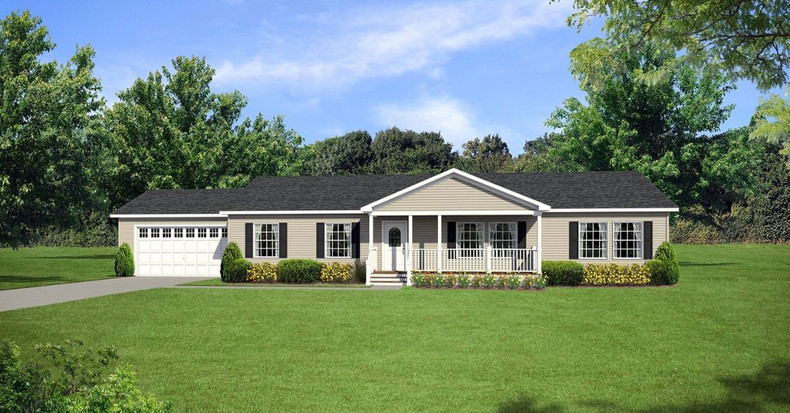
Water damage can be a nightmare for any homeowner. For those living in mobile homes, the stakes are even higher. Mobile homes are particularly vulnerable to water damage. Understanding how to protect your mobile home from water damage is crucial for maintaining a safe and comfortable living environment.
We’ll explain the common causes of water damage, show you how to inspect for vulnerabilities, offer tips for prevention, and provide emergency measures to mitigate potential damage. By the end of this guide, you’ll have a clear roadmap for keeping your mobile home dry and secure.
Understanding the Dangers of Water Damage in Mobile Homes
Water damage in mobile homes can wreak havoc, leading to costly repairs and health hazards like mold and mildew. Water damage occurs when water intrudes and accumulates where it shouldn’t, causing structural issues, weakening materials, and fostering an environment for mold growth.
Common Causes of Water Damage in Mobile Homes
Leaky Roofs
Leaky roofs are among the most prevalent causes of water damage in mobile homes. Over time, exposure to the elements can cause roofing materials to degrade, leading to cracks, holes, and weak spots. Even a small roof leak can allow water to seep in, damaging ceilings, walls, and insulation.
Another factor contributing to roof leaks is the accumulation of debris. Leaves, branches, and other materials can clog gutters, causing water to pool on the roof. This standing water can eventually find its way into your home.
Plumbing Issues
Faulty plumbing, like leaking pipes, burst water lines, and malfunctioning appliances, can cause significant water damage in mobile homes. Even minor leaks can escalate into major problems if left untreated.
Leaks can occur in various parts of your plumbing system, including faucets, toilets, and water heaters. These leaks can cause water to pool in hidden areas, leading to mold growth and structural damage. In some cases, plumbing problems may be due to external factors, such as tree roots infiltrating your pipes.
Poor Drainage
Poor drainage can cause water to pool around the perimeter of your mobile home. The most common cause is improper grading. The ground around your home should slope away from the foundation to direct water away.
Wet Crawlspace
A wet crawlspace under your mobile home can create problems like mold growth and pest infestations. Crawlspaces collect moisture due to inadequate ventilation or poor drainage. Unlike the crawlspaces under traditional site-built homes, mobile home crawlspaces are constantly exposed to the elements.
How To Inspect Your Mobile Home for Vulnerabilities
Checklist for Identifying Problem Areas
Regular inspections are essential for identifying potential vulnerabilities in your mobile home. Here’s a checklist to guide you through the inspection process.
Roof
Look for missing or damaged shingles, cracks, and areas where water may pool. Check the condition of your gutters and downspouts, ensuring they are functioning correctly.
Windows and Doors
Inspect seals and caulking around windows and doors for signs of wear or damage. Ensure that windows and doors close tightly.
Plumbing
Check for leaks in faucets, toilets, and water heaters. Inspect pipes for signs of corrosion or damage.
Foundation
Look for signs of water pooling around the perimeter or damage to your skirting. Ensure that the ground slopes away from your home.
Tips for Preventing Water Damage
Maintain the Roof
Maintaining your roof is crucial for preventing water damage. Regularly clean debris from the roof and promptly repair damaged or missing shingles. Consider applying a waterproof sealant to enhance your roof. Reinforcing weak spots can keep your roof in good condition. Removing debris from your gutters can ensure they function correctly.
Investing in high-quality roofing materials can also protect your home from water damage. Durable materials, such as metal or rubber, can withstand harsh weather conditions and provide long-lasting protection for your home.
Upgrade the Plumbing
Upgrading your plumbing system can prevent water damage in your mobile home. Replacing old, corroded pipes with new materials can reduce the risk of leaks and water damage.
Leak detection devices can detect leaks early and alert you to potential issues before they escalate.
Add or Replace Mobile Home Skirting
Mobile home skirting enhances your home’s appearance and provides a barrier against water intrusion. Ensure that your skirting is in good condition and properly installed. Consider using waterproof materials and providing adequate ventilation to prevent moisture buildup.
Ventilate the Crawlspace
Proper crawlspace ventilation is essential for preventing water damage. Install ventilation grilles to promote air circulation and reduce moisture levels. Spread a layer of sand under the crawlspace to absorb extra moisture. Also, you can use vapor barriers to limit ground moisture from entering the crawlspace, keeping it dry and free from mold.
Landscaping for Drainage
Proper landscaping can prevent water damage by improving drainage around your mobile home. Ensuring that the ground slopes away from your home’s foundation can direct water away and prevent it from pooling around the foundation. Installing a French drain, which is a trench filled with rocks and a drainage tube, will also send water away from your home.
Planting vegetation that absorbs water can also improve drainage around your home. Trees, shrubs, and other plants can soak up excess water, reducing the risk of water damage to your home’s foundation.
Emergency Measures for Mitigating Water Damage
What To Do in Case of a Leak or Flood
In the event of a leak or flood, acting quickly can minimize water damage to your mobile home. First, shut off the water supply.
Removing standing water as quickly as possible is essential for preventing damage. Using a wet/dry vacuum can remove water from your home and prevent mold growth. Fans and dehumidifiers can also dry out affected areas and reduce the risk of mold and mildew. If the water damage is extensive, contact a professional restoration company for help.
Importance of Quick Action
Acting swiftly when water damage occurs can reduce repair costs. The longer water sits, the more it can seep into materials and create structural issues. Immediate action can also prevent mold growth, which can pose health risks and complicate the restoration process.
Learning how to protect your mobile home from water damage is a key part of homeownership. In the event of a leak or flood, acting quickly can minimize damage and prevent further issues. Remember, proactive maintenance is key to preserving the integrity of your home and ensuring its longevity.


